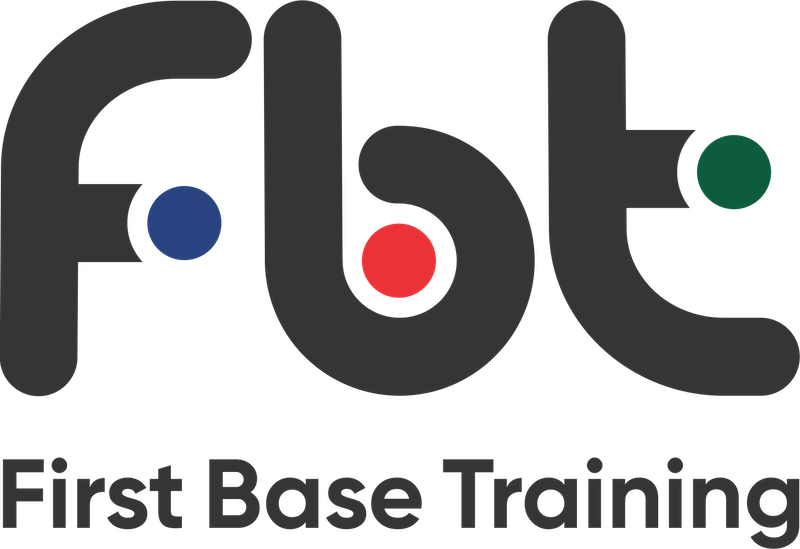What Does An Aged Care Worker Do? A Day In The Life
Working in aged care is more than a job — it’s about making a difference in people’s lives every day. This role, in high demand across Australia, provides a meaningful career path and steady employment. Let’s look at what aged care workers do daily and how aged care courses can prepare you for a rewarding future.
Why become an aged care worker?
Becoming an aged care worker opens doors to a fulfilling career. Here’s why so many people are choosing this path:
High demand and job security — With Australia’s ageing population, aged care is a stable, growing field.
Entry-level — This role is perfect for new workers or those looking for a career change without needing years of experience.
Fun, people-focused environment — Each day offers new opportunities to build connections and support others.
Career growth potential — With experience, you can advance to roles like an educator or even start your own business.
Whether you’re new to the workforce or seeking a meaningful job, aged care has much to offer
What does a typical day look like for an aged care worker?
The day of an aged care worker is full of activities aimed at providing comfort and companionship. Here’s a glimpse into a typical day:
Morning routine — starting the day with care
Mornings are usually spent helping clients with essential tasks, including:
Providing personal care — A significant portion of your day will involve assisting clients with their daily activities, from dressing to grooming and hygiene.
Meal preparation — You will prepare healthy meals for each client’s dietary needs.
Giving medication — You must ensure clients take medications at the right time according to their prescribed schedules.
This time is all about setting clients up for a good day by providing compassionate, attentive support.
Afternoon activities — enhancing well-being
The afternoon focuses on keeping clients active and engaged. As an aged care worker, you may be required to do the following:
Organise activities — You will plan fun social games and exercises suited to your client’s physical abilities to help guide their social interaction.
Provide mental stimulation — Reading together, doing puzzles or discussing news and hobbies will ensure your clients feel mentally challenged and avoid feeling bored or depressed.
Support social needs — Some clients enjoy family visits or outings to local parks to get a dose of sunshine and lift their spirits.
This part of the day is about enhancing clients' well-being and happiness through meaningful interaction.
Evening tasks — wrapping up the day
Evenings often involve winding down, with tasks such as the following:
Assisting with dinner — You will serve evening meals, sometimes with clients’ families.
Bedtime routines — You will be helping clients prepare for a restful night with their typical bedtime routines.
Checking safety and comfort — Before leaving, make sure your client is in a safe, cosy environment.
An aged care worker’s day ends with a focus on safety and reassurance, ensuring clients feel comfortable and secure.
Skills and training needed to succeed
To thrive in aged care, you’ll need a blend of practical skills and compassion. The right training equips you with everything required for this role:
Understanding client needs — Learn to care for people with physical and emotional needs.
Communication skills — Build trust and engage effectively with various clients and families.
Personal support skills — You will be trained to support clients’ health and daily living.
Reporting skills — Throughout the day, you will be responsible for reporting your interactions and observations of your clients to ensure they receive the proper care and support they need.
These skills are essential to providing quality care and building rewarding client relationships.
Developing practical skills in simulated environments
Practical training is important in aged care, and it’s often more effective when it follows real-world scenarios. Training includes:
Simulated environments — Practice in spaces that look like actual workplaces, such as personal care rooms and recreation areas.
Role-playing scenarios — Real-life situations are simulated to prepare students for the workplace.
Trainer guidance — You will learn from experienced professionals who will guide you through hands-on activities.
Carrying out care plans — You will be taught how to read and follow the client’s care plans.
First-aid training — You will learn how to provide first-aid in an emergency situation.
This approach helps students gain confidence and familiarity with the tasks they’ll perform daily.
How aged care courses prepare you for your career in aged care
Training courses, such as Certificate 3 In Individual Support and Certificate 4 in Aged Care, offer dedicated support in building your aged care skills through a balance of classroom lessons and training and practice roleplays before you attend on-the-job training in a nursing home.
With organised placements, you can enter the workforce ready and confident, having already experienced real-life environments.
Enrol in an aged care course at First Base Training today
Practical training is essential if you’re ready to start a rewarding career in aged care. At First Base Training, we provide vocational education and training (VET) programs that are up-to-date with industry standards and nationally recognised within the Australian Qualifications Framework. Join us to gain the skills and confidence to make a difference every day.

